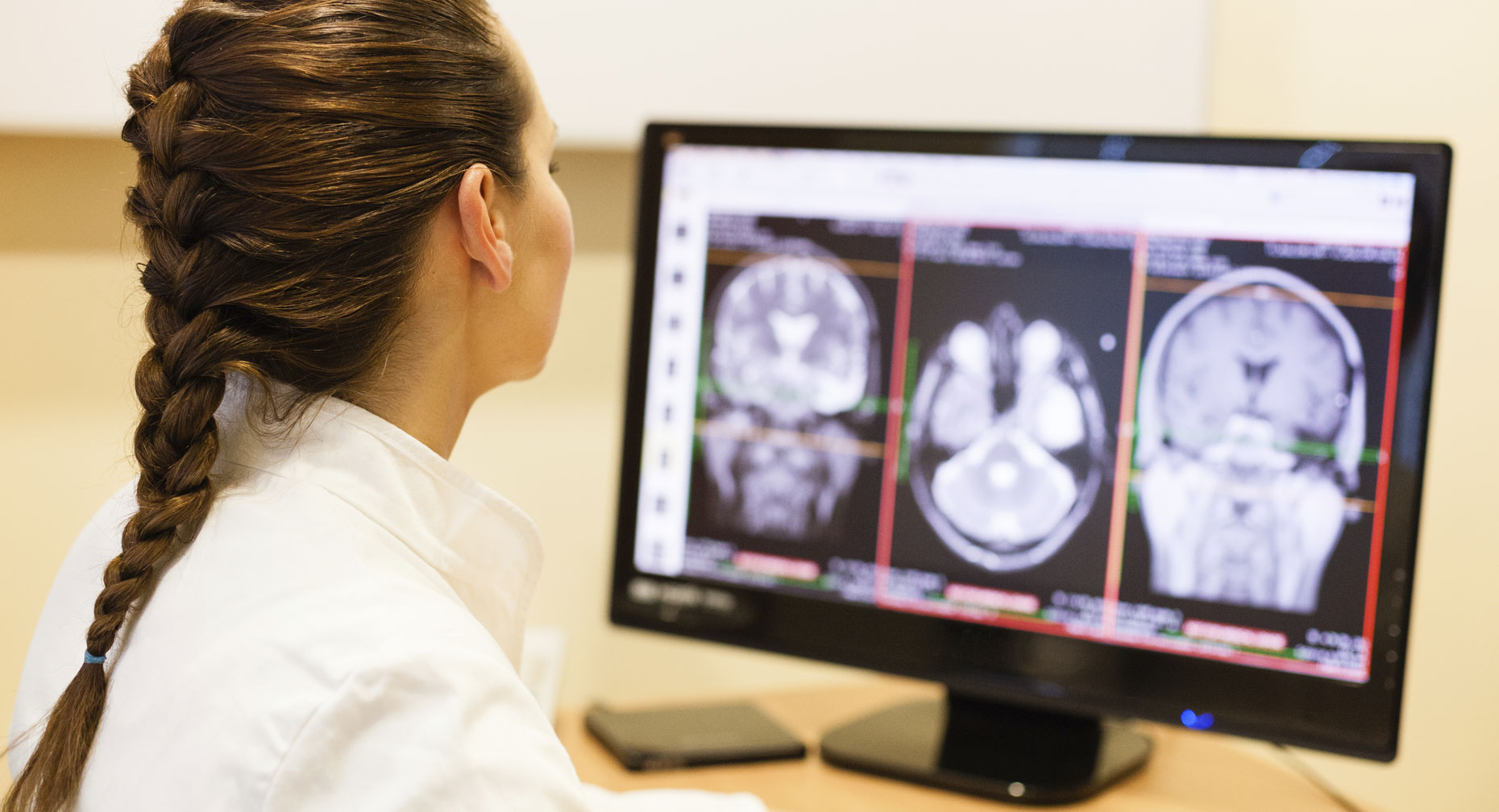Simple Headache or Brain Tumor? Check These Symptoms

Find Your Perfect Match
Answer a few questions and we'll provide you with a list of primary care providers that best fit your needs.
You try not to let your mind go there, but sometimes, it just does. You get a crippling headache, and you wonder — could it be a brain tumor?
Thankfully, headaches (even debilitating ones) are rarely a sign of brain tumors.
Headaches are rarely caused by a brain tumor. But if you do have a brain tumor, headaches are one of the first symptoms to show up.
So, how do you avoid running to the doctor in a panic every time your head hurts? Heed the symptoms, experts say.
"The brain doesn't hurt. Brain tumors; however, may increase pressure that stretches pain sensitive structures in the head, such as membranes and blood vessels. This in turn may result in headaches" says Ania Pollack, MD, FACS, FAANS of The Clinical Neuroscience Institute. "In addition , brain tumors may disrupt communication pathways in the brain leading to different symptoms."
As a result, someone with a brain tumor may have one or more of these symptoms:
- Headaches that develop, come more frequently, or come and go (often at irregular intervals)
- Steady headache pain that is more severe upon waking in the morning, but it may get better within a few hours
- Persistent, non-migraine headache
- Nausea or vomiting
- Pain that may or may not throb, depending on the location of the tumor
- Pain that worsens with coughing, exercise, straining during a bowel movement, or a change in body position
- Pain that doesn’t respond to the usual headache remedies
- Other neurological problems, including:
- Seizures, such as involuntary muscle movements (convulsions)
- Personality or memory changes
- Loss of balance or difficulty with fine motor skills
- Numbness in the arms or legs
- Vision problems
- Difficulty speaking or forming words
- Difficulty swallowing
- Facial weakness or numbness
If you experience any of these, see your doctor. He will begin by asking a number of questions, including how long and how often you’ve had the symptoms. Your doctor may then order testing to confirm a diagnosis. She might also refer you to a neurologist, a doctor who specializes in problems with the brain and central nervous system.
Thankfully, headaches (even debilitating ones) brain tumors are not the most common signs of headaches (even debilitating ones). In addition, brain tumors themselves are rare. But don’t hesitate to see your doctor if you are experiencing any of the signs.
“Sometimes, people with a brain tumor do not show any symptoms at all,” says Dr. Pollack. “Other times, these symptoms are caused by something other than a brain tumor, so it’s still important to get to the root cause.”
Find Your Perfect Match
Answer a few questions and we'll provide you with a list of primary care providers that best fit your needs.
Source: National Headache Foundation; American Brain Tumor Association; National Institute of Neurological Disorders and Stroke; American Society of Clinical Oncology; Ania Pollack, MD, FACS, FAANS, The Clinical Neuroscience Institute





